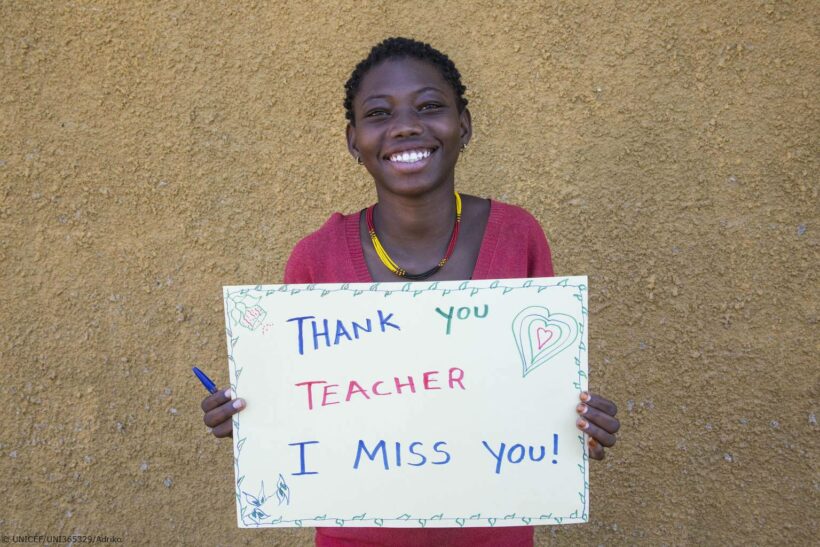At the 12th Regional Assembly of CLADE, the theme that concerns the network was discussed: the human right to education from the perspectives of the subjects of rights and actors who fight for the possibility of fully exercising this right to education. Both cruxes and obstacles were identified, as well as alternative paths at global, regional, Latin American and Caribbean State level.
In the exploration of the challenges faced by educational actors trying to achieve the guarantee of the right to education, fundamentalisms, and right-wingers, the privatisation of education, the depoliticisation of the teaching profession, the hollowing out of the meaning of education and the reduction of educational budgets were identified as the main challenges. This is exacerbated by simplistic approaches such as the World Bank’s “learning crisis”, which highlights the need for a systemic and transformative approach to the education agenda. Likewise, the attempts to “depoliticise” education by some sectors of the right are identified as ideologically marked by hegemonic politics.
Thinking about the subjects of education, it is necessary to strengthen the right to participation of children, adolescents and citizens in general in order to guarantee the right to education under the idea of lifelong learning. This approach must be made more visible in order to achieve free, quality education for children under the age of three and their families, or for young people who are unable to access university, as is the case in Ecuador, for example. Large doses of creativity, imagination, ethics of care and social justice are essential for it to collectively weave the paths that make it possible to make political advocacy in a consolidated way, from a common and transformative vision. The Chilean, Honduran and Colombian cases are examples of the transformative force that social movements can have, which in some way inspire others, despite the particularities of each context.
Some of the alternative paths to take direct the focus towards influencing the conditions of the most vulnerable subjects of our society, i.e., women and people of colour, LGTBQ+, indigenous people, people with disabilities or neuro-diverse, refugees, and students of all ages, understanding that all these subjects, with their multiple, cross-cutting and fluid identities, have the right to express themselves and participate in decision-making for free public education. In this sense, the capacity for networking between global, regional and local civil society actors, teachers and young people is a great opportunity for it to make a political impact through exchange and the search for strategies and instruments to ensure that the right to this education is achieved for all subjects.
Even so, many questions remain to be answered in the current context of political conflict with constant attacks on the Human Right to Education. In this line, with the next virtual event of the CLADE Assembly, discussions will continue around the importance of the public state and the role of the state as a guarantor of rights in order to be able to influence public policies for it to make the challenges mentioned above.










